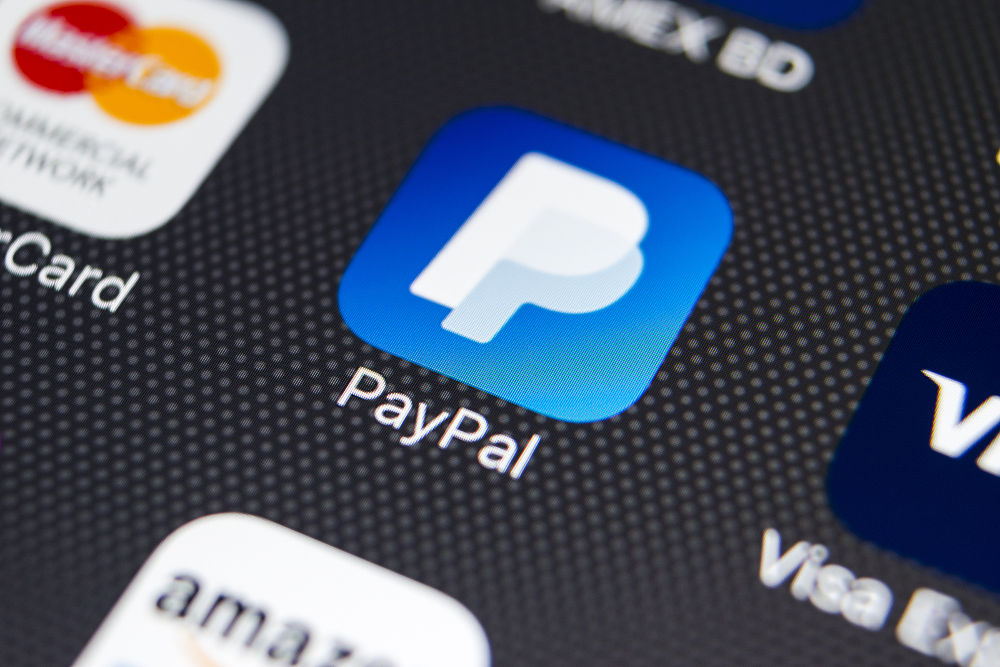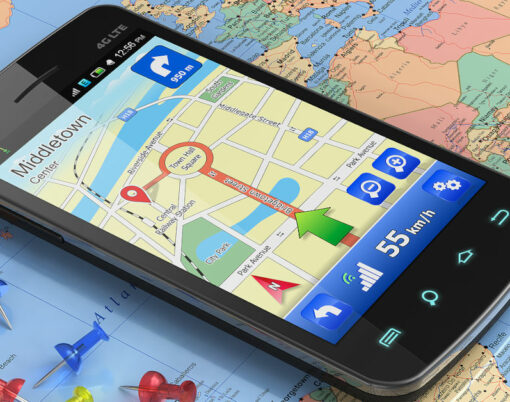Travelling the world is a fulfilling endeavour and, with today’s technology, can be organised in no time at all. As you embark on your next adventure, it’s important to keep in mind that staying safe online is just as crucial as selecting the perfect destination or booking a lavish hotel. After all, no one wants their holiday to be spoiled by cyber threats or stolen personal information.
When it comes to staying safe in the digital world, as you book your trips and during your adventures, there are some important things you’ll need to take into consideration to ensure you have a smooth and successful trip. With our comprehensive guide, you’ll learn everything there is to know about ensuring your online safety while indulging in luxurious travel experiences.
Designated travel management for assured safety

Designated travel management is a vital component when it comes to ensuring your safety while travelling. Whether you’re jetting off to exotic locations or exploring hidden gems closer to home, having a trusted travel management team on hand can bring peace of mind.
These professionals are well-versed in the intricacies of luxury travel and have extensive knowledge of the best practices for online security. They will not only assist you in planning every aspect of your journey, but also provide valuable guidance on staying safe in the digital realm.
From recommending secure websites for booking accommodations and flights to advising against public Wi-Fi networks, designated travel managers go above and beyond to protect their clients from potential cyber threats. They stay up-to-date with the latest security measures, keeping abreast of emerging risks that may impact your online safety.
Moreover, these experts understand that each traveller has unique needs and preferences when it comes to privacy and data protection. They work closely with reputable vendors who prioritise safeguarding personal information, ensuring that your sensitive data remains confidential throughout your trip. That being said, if there were a data breach and your information was leaked, it’s always useful to have sites such as How Much Compensation (www.howmuchcompensation.co.uk) on hand to give you peace of mind.
Safe internet browsing

When it comes to staying safe online while you travel, one of the most important aspects is ensuring safe internet browsing. Here are a few tips to help you browse the web securely:
Using VPNs while abroad
A VPN, or Virtual Private Network, creates a secure connection between your device and the internet and is an essential step to ensure your online safety and protect your personal information. It encrypts your data, making it nearly impossible for hackers to intercept.
When you travel to different countries, accessing certain websites or apps may be restricted due to geo-blocking or censorship laws. With a VPN, you can bypass these restrictions by connecting to servers in different locations around the world, allowing you to access content as if you were in that specific country. This explains why there are 1.5 billion VPN users worldwide.
Not only does a VPN provide access to restricted content, but it also enhances your privacy. By masking your IP address and location, a VPN ensures that your online activities remain anonymous. This is particularly important when using public Wi-Fi networks which are often unsecured and vulnerable to attacks.
Choosing the right VPN provider is crucial for maximum security while traveling. Look for one that offers strong encryption protocols and has servers located in multiple countries. Additionally, consider the speed of the VPN service as this can affect browsing experience.
Browser protection
Your web browser is your gateway to the internet, and therefore, ensuring its security is paramount. One of the first steps you can take to protect your browser is keeping it up-to-date with the latest version. Browser updates often include important security patches that address vulnerabilities discovered by developers. Additionally, consider using a reputable antivirus software that offers built-in browser protection features.
Another useful tool for enhancing your browsing safety is ad-blockers. These handy extensions help block intrusive ads and prevent malicious pop-ups from appearing on websites you visit. Furthermore, enabling private browsing mode can also add an extra layer of protection. With this feature activated, your browser will not store any history or cookies after you close it, which helps maintain your privacy and reduces the risk of unauthorised access to sensitive information.
Also be sure to avoid clicking on suspicious links or downloading files from untrusted sources while browsing. Phishing attempts and malware often disguise themselves as legitimate websites or attachments – always double-check before taking any action.
Finally, don’t forget to enable two-factor authentication whenever possible. This adds an extra layer of security by requiring both a password and another verification method (such as SMS codes) when logging into accounts.
OTP-ensured credit cards
OTP-ensured credit cards have become a popular choice for travellers looking to protect their financial information while on the go. These cards provide an extra layer of security by requiring users to enter a one-time password (OTP) in addition to their regular card details when making online purchases.
One of the main advantages of using OTP-ensured credit cards is that they add an extra level of protection against fraudsters who may try to steal your card information. The OTP is typically sent via SMS or email and must be entered within a limited time frame, making it harder for thieves to use stolen card details. In addition to providing enhanced security, OTP-ensured credit cards also offer convenience for travellers. With these cards, you can make secure online payments without having to carry cash or worry about exposing your personal information.
When traveling abroad, it may also be important to notify your bank beforehand so that they are aware of your travel plans and can monitor any suspicious activity on your account. This will help ensure that you have uninterrupted access to your funds while keeping potential fraudulent transactions at bay.
Remember, even with the added protection provided by OTP-ensured credit cards, it’s still crucial to practice safe browsing habits and avoid accessing sensitive information on public Wi-Fi networks. By taking these precautions, you can enjoy peace of mind while indulging in luxury travel experiences without compromising the safety of your financial data.
Risk-free payment methods

It always pays to be on the safe side and have back up options when making payments, and while debit and credit cards are among the safest methods, it may be a good idea to keep in mind that PayPal, cash and cryptocurrency can make good alternatives.
Credit cards usually charge foreign transaction fees, but if you can find a service that won’t charge, you’re one step closer to finding the best and safest payment method. When it comes to spending money in stores, restaurant and other local destinations, it’s always beneficial to have some cash in the local currency to hand. Debit cards can be used to withdraw cash at ATMs or to make payments, but it’s worth checking the conversion rate as well as any other charges that may apply before making any transactions.
Final thoughts
Remember to always stay vigilant and informed about the latest cybersecurity threats. Stay one step ahead by regularly updating your devices’ software and using strong passwords for all your accounts. You can also create account alerts, avoid visiting ATMs too often, and carry a fake wallet for an extra layer of protection when travelling abroad.






















